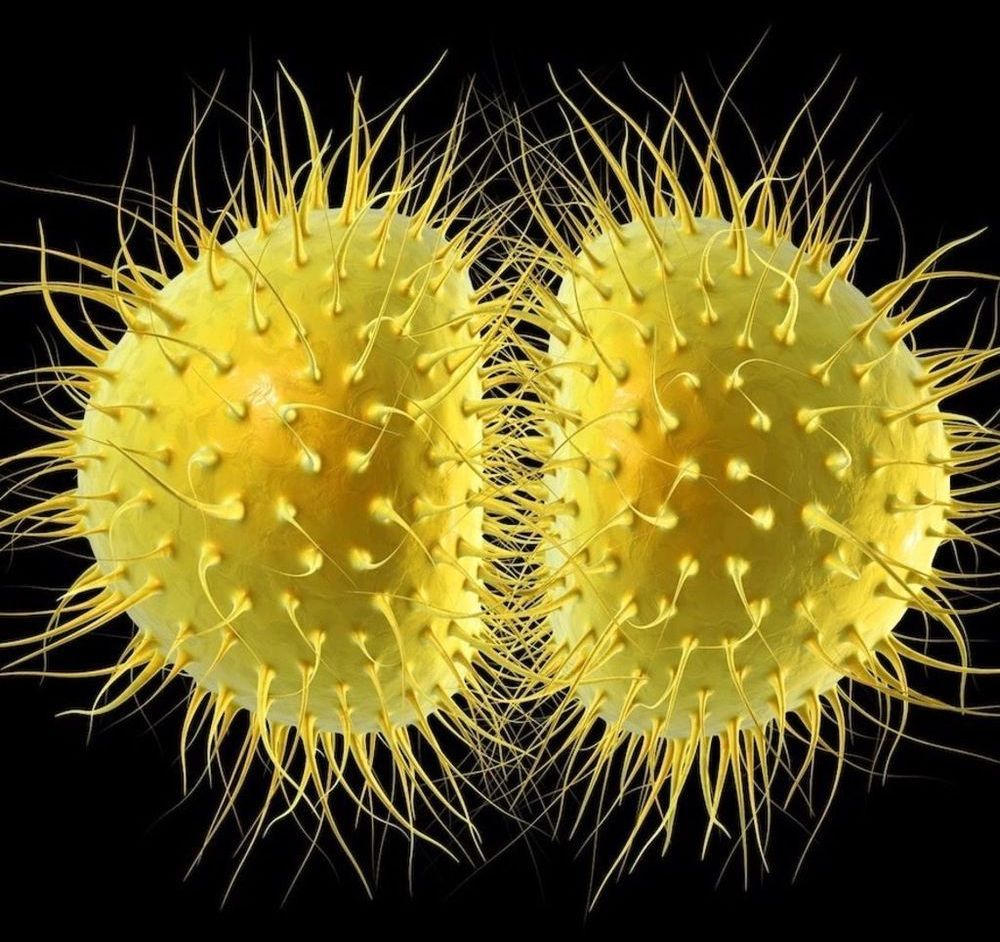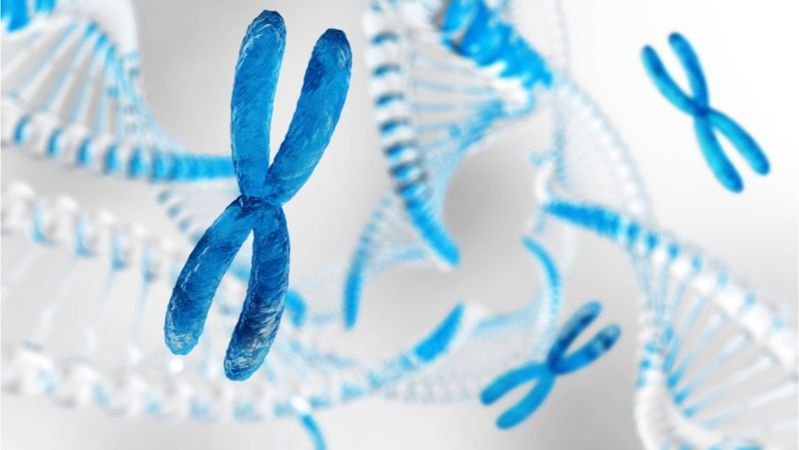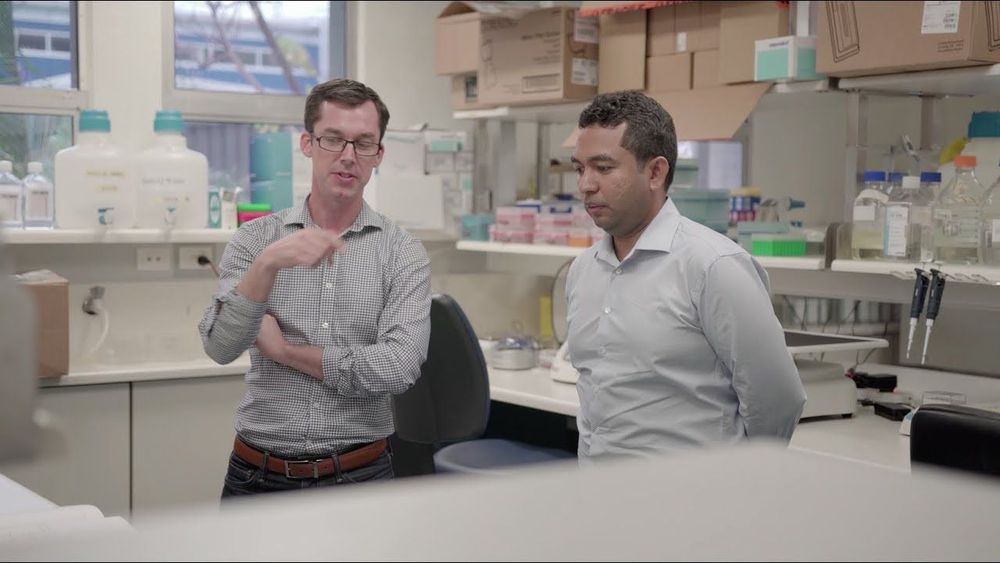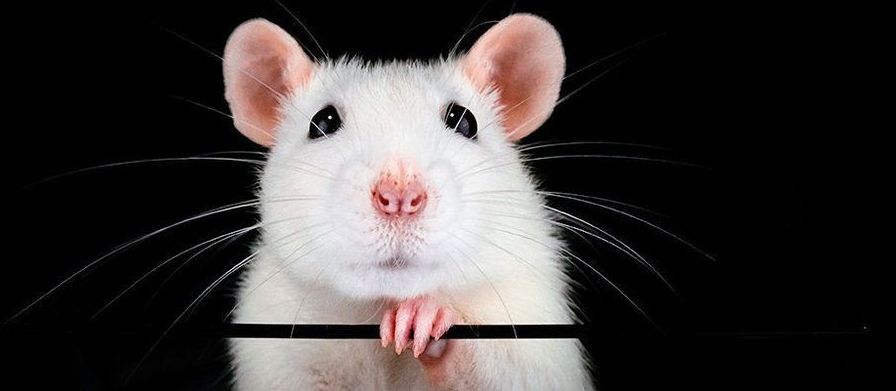Jun 5, 2019
Pfizer had clues its blockbuster drug could prevent Alzheimer’s but kept it secret
Posted by Paul Battista in categories: biotech/medical, neuroscience
Why didn’t it tell the world? Drug companies frequently have been pilloried for not fully disclosing negative side effects of their drugs. What happens when the opposite is the case?
A team of researchers inside Pfizer made a startling find in 2015: The company’s blockbuster rheumatoid arthritis therapy Enbrel, a powerful anti-inflammatory drug, appeared to reduce the risk of Alzheimer’s disease by 64 percent.
The results were from an analysis of hundreds of thousands of insurance claims. Verifying that the drug would actually have that effect in people would require a costly clinical trial — and after several years of internal discussion, Pfizer opted against further investigation and chose not to make the data public, the company confirmed.
















